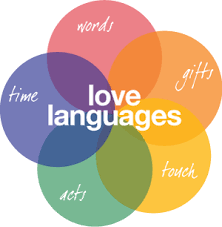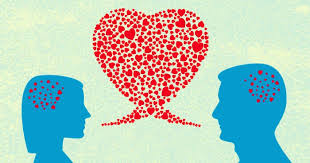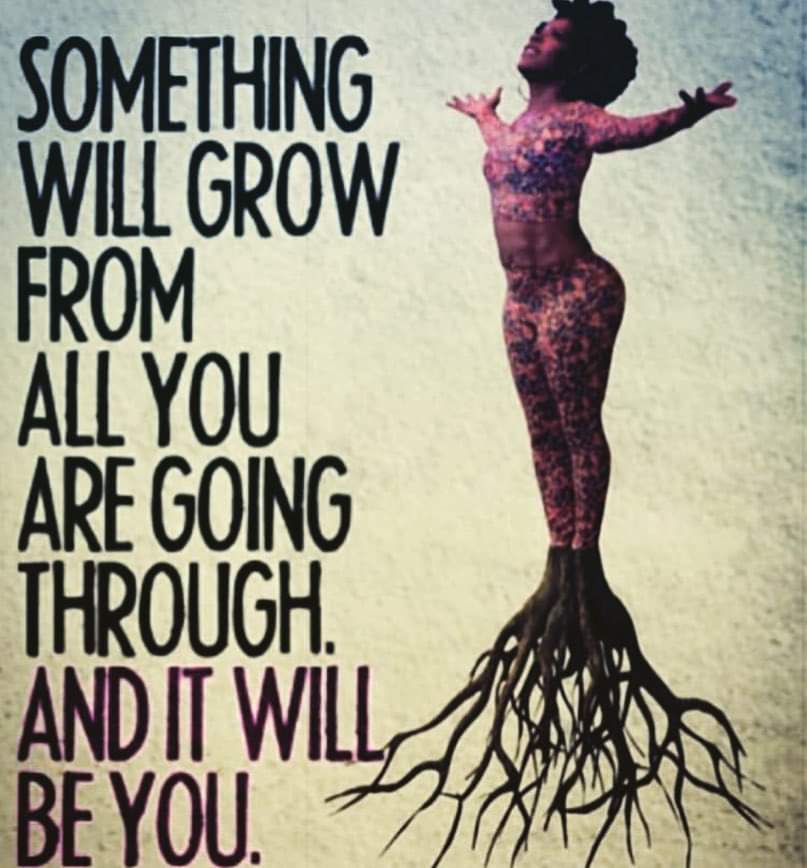
When we hear the word “bully”, we quite often picture children in a schoolyard, but in reality, the image is far more complex.
Bullying is when someone repeatedly and intentionally does something to someone else that is hurtful; characterised by an imbalance in power. Bullying falls under FOUR headings: Physical, Verbal, Emotional and Cyber.
Physical Bullying: shoving, hitting, tripping, kicking, physical intimidation, aggression, physical abuse, damaging/’misplacing’ another’s property, inappropriate sexual advances or abuse.
Verbal Bullying: name-calling, threatening, passing rude or inappropriate comments or writing hurtful comments, slander, vilification, conspiring, recruiting, sexual references.
Emotional Bullying: exclusion, spreading rumours, manipulation, control, humiliation, causing damage to reputation or relationships.
Cyber Bullying: (via text, social media etc) posting inappropriate photos, sending mean messages, threatening messages, creating a fake account, continued trolling etc
Bullying can happen at any age, in any environment. Cyber-bullying is particularly relentless, with its 24/7 access to a person, even in their own home. While there are endless resources available to help a person to safeguard themselves, it is important to acknowledge the lasting trauma of being bullied.
Studies have shown that people who have experienced bullying are more likely to have depression and anxiety in adulthood, higher stress levels, worse health and less workplace success, poor self-esteem, trust issues and notably higher incidences of self-harm (Harding, 2015). People who have been bullied have described feelings of shame, guilt and failure for being unable to protect themselves adequately.
With such an extensive list of effects, it makes sense that a person who has experienced bullying would benefit from working with a counsellor. Time is very well spent working through these challenges with a professional who is highly trained to process information received through spoken and unspoken words, body language and other visual means of communication. A therapist is non-judgemental and accepting of the client however and wherever they are in their life… and this can be a huge relief to someone who may be holding deep-seated (sometimes subconscious) feelings of guilt, shame, inadequacy and failure. A good therapist is well-grounded, open, honest and bound by the highest ethical standards of confidentiality; a combination of characteristics which should foster ease and trust in the therapeutic alliance. The right therapist will help the client to discover new perspectives, explore new possibilities and bravely venture into a brighter future; free from carrying the baggage marked “I was bullied…”.
Contact Sage Counsel: 086-8539718 sagecounsel@outlook.com









